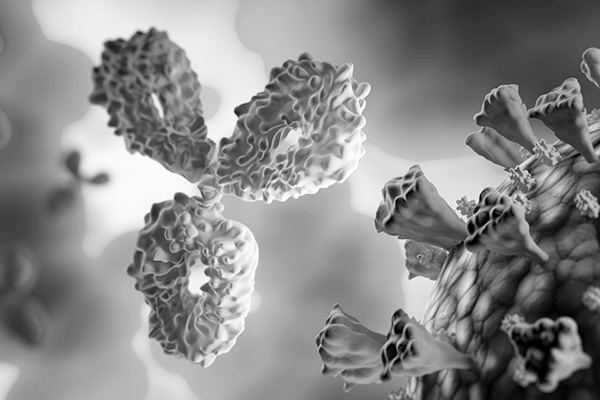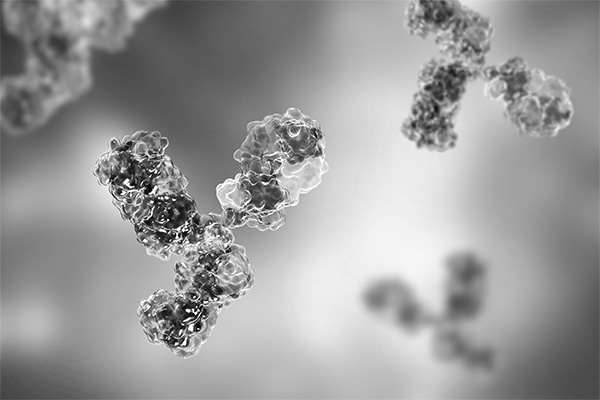The Evolution of Monoclonal Antibodies
Monoclonal antibodies (mAbs) have revolutionized medicine, offering highly specific and targeted treatments for various diseases. From the advent of hybridoma technology to the latest advancements in antibody engineering, the journey of mAb development is marked by significant milestones.
Let’s TalkKey Milestones
From the development of hybridoma technology by Köhler and Milstein in 1975 to the approval of Rituximab for blood cancers in 1997, monoclonal antibodies have made significant strides. By 2022, 162 monoclonal antibodies have received regulatory approval, highlighting their widespread therapeutic impact.
Let's take a trip down memory lane and look at the key milestones, scientific breakthroughs and life-changing discoveries that have been made.
-
Köhler and Milstein develop hybridoma technology, making it possible to obtain mAbs in large quantities
-
Muromonab-CD3 is the first mAb therapy approved for preventing kidney transplant rejection
-
The complementary-determining region (CDR) grafting technique is explored, accelerating the development of humanized mAbs
-
Abciximab is the first chimeric mAb (human-murine) to be approved
-
Rituximab is approved to treat some blood cancers, the first mAb therapy for any malignancy
-
The first humanized mAb – daclizumab – is approved
-
Adalimumab is the first phage display-derived mAb, as well as the first human antibody approved for therapy
-
The first immune checkpoint inhibitor – Ipilimumab – is approved
-
Allison & Hunjo receive Nobel Prize for CTLA4
-
162 mAbs have been approved to date by at least one regulatory agency around the world
-
-140 mAbs are in Phase 2 or 3 studies globally
-
Global market size valued at around USD 247 billion
-
Predicted global market size of over USD 494 billion
Let’s Reduce the Lag Time
Automation platforms and precision instruments can streamline mAb and ADC development—from early-stage research to analytical development—ensuring a steady pipeline of therapeutic mAbs reaches patients faster. Learn how we can help you overcome manual barriers, minimize downtime, and reduce time to market.
Learn More
Our Team is Ready to Help
Let’s talk about how we can help you overcome manual barriers, minimize downtime and reduce time to market.






